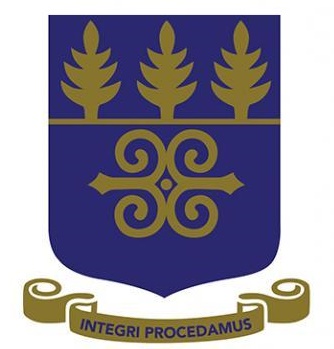Computer Science is the systematic study of the principles, applications, and technologies of computing and computers. It is a broad field but its central objective is to study and understand the mathematical, scientific and engineering principles that underline all computing systems. Without an understanding and design of computers and computational processes; todays ICT front-end tools such as Automated Teller Machine (ATM), the mobile phone, the internet and supercomputers used in meteorology and medicine will not have come into existence. The discipline also goes beyond design and invention to making processes more efficient through methods such as numerical analysis, operations research, artificial intelligence and language design & structure.
Sub-fields in Computer Science include, among others Operating Systems, Computational Science, Programming Languages, Automata Theory, Architecture, Intelligent Systems, Information Storage & Retrieval and Software Engineering.
AIMS AND OBJECTIVES
At the end of the programme, graduates are expected to:
- Acquire a well-rounded knowledge of the core areas of algorithms, theory of computation, operating systems, linguistics of programming languages and architecture.
-
Understand and apply fundamental concepts in computing with focus on software, hardware and theory of computation to solve a range of scientific, technical and commercial problems.
-
Demonstrate the theoretical and practical skills set needed to be a globally competitive computer scientists.
-
Be able to analyse a problem, design software, use programming and linguistic tools to develop software to resolve the problem.
-
Appreciate the social, cultural and economic implications of a specific design problem and resolution.
INDUSTRY/GLOBAL TRENDS
The use of computational processes has led to the creation of software artefacts that have transformed the face of modern science. For instance, by means of the computer, biologists have a deeper understanding of genetics while geologists are able to predict earthquakes with a higher degree of accuracy. Thus, progress in Computer Science such as better networking technology, faster computing speeds and new devices has led to increased efficiency in other disciplines. In order to address the many challenges in business, engineering, science, healthcare and other areas, computer scientists team up with experts in particular domains of interests. Such teams try to resolve complex problems; develop and improve software systems or invent new computing systems.
ASSESSMENT
SStudents will be assessed on the basis of completed assignments, examinations, workplace learning and projects or other methods as outlined in specific subject outlines.
TUITION
Class discussion, Note dictation, Practical Sessions.
CAREER PROSPECTS
GCareers in Computer Science are extensive. They include among others;
- Applications Developer
- Computer Scientist
- Computer Science Instructor
- Computer Animation Expert
- Database Programmer/Designer
- Information Security Specialist
- Multimedia Authoring Specialist/Programmer
- Quality Assurance Specialist
- Researcher - Systems Developer
- Robotics Technology Specialist
- Systems Analyst
- Systems and Software Engineer
- Software Developer

